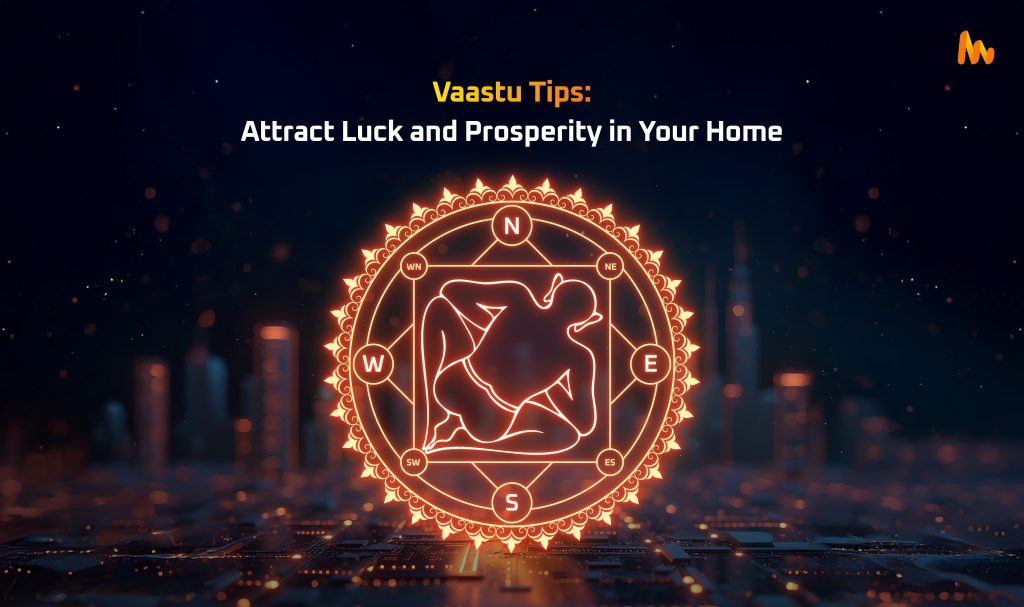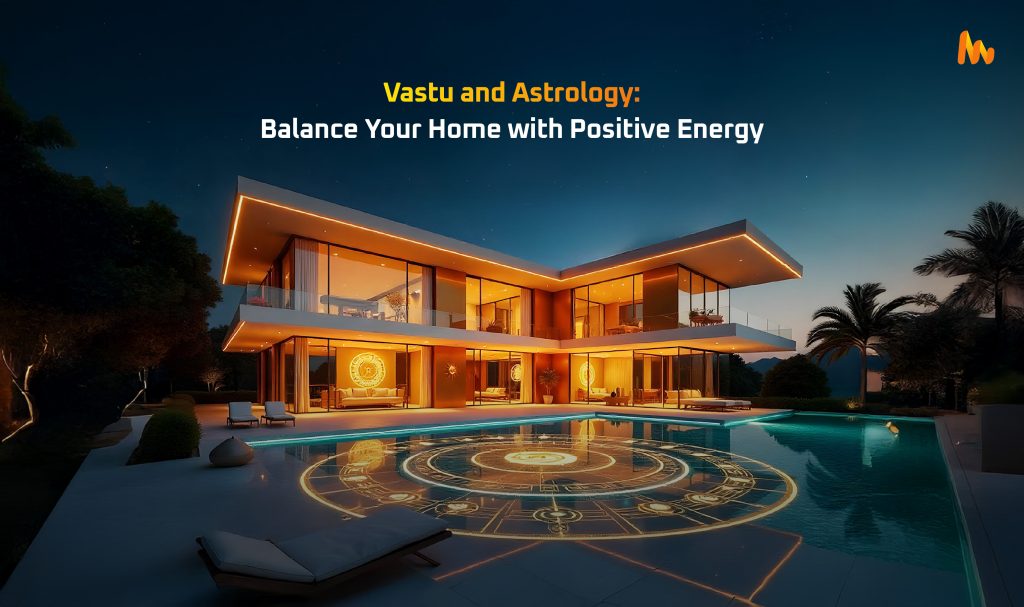Vedic astrology, a cornerstone of Indian spirituality and culture, has intrigued humanity for centuries. Its intricate system of planetary alignments and interpretations often claims to provide insights into life’s biggest mysteries.
Among these, one of the most debated and emotionally charged questions is whether astrology can predict death. Is this belief grounded in astrological science, or is it merely a myth perpetuated over time?
Let’s delve deeper into this subject, unpacking the truths, misconceptions, and ethical considerations surrounding death prediction in astrology.
What Does Vedic Astrology Say About Death?
In Vedic astrology, the concept of death is tied to the Eighth House, often referred to as the house of longevity, transformation, and endings. This house, along with specific planetary positions, is analyzed to understand life’s vulnerabilities. Key astrological tools used include:
- Eighth House and Its Lord: The condition of the eighth house in a natal chart and its ruling planet can indicate areas of life where significant transformations, including death, may occur.
- Maraka Planets: Certain planets, known as marakas, are considered capable of causing harm or endings, especially when activated during specific planetary periods (dashas).
- Dasha and Antardasha Systems: Planetary periods (dashas) are analyzed to identify potential risks during a person’s life. A malefic planet ruling a significant period may indicate health challenges or life-altering events.
- Saturn and Mars: These planets are often associated with longevity and endings. Their placement, aspects, and transits can shed light on periods of struggle or vulnerability.
While these astrological elements provide a framework for examining longevity, they are not definitive predictors of death. Instead, they offer probabilities and potential outcomes based on planetary influences.
Can Astrology Pinpoint Death with Certainty?
Astrology’s ability to predict death with precision is often overstated. Here’s why:
- Death Is Multifaceted: Astrology acknowledges different forms of death—physical, emotional, spiritual, or symbolic. An ending of a phase, a relationship, or a belief system can be misinterpreted as a literal death.
- Free Will and Karma: The concept of karma underscores Vedic astrology. Life events are shaped not just by planetary alignments but also by an individual’s actions and choices. This interplay of destiny (fate) and free will makes exact predictions challenging.
- Ethical and Emotional Implications: Predicting death can cause undue stress and fear. Ethical astrologers prioritize guidance and solutions over alarming forecasts, often avoiding discussions about death altogether.
Even when astrology highlights a potentially critical period, it should be viewed as a window for reflection and preparation—not as an absolute end.
Common Misconceptions About Death in Astrology
- Astrology Is Fatalistic: A prevalent myth is that astrology locks individuals into an unchangeable fate. In reality, Vedic astrology emphasizes remedies—actions and practices to mitigate challenges and strengthen life’s positive aspects.
- Exact Dates and Times Are Predictable: While planetary alignments can indicate periods of vulnerability, predicting an exact date or time of death is beyond astrology’s scope. Life’s complexities often defy such pinpoint accuracy.
- Death Prediction Is Astrology’s Core Purpose: Astrology’s true aim is to empower individuals by providing insights and guidance, not to create fear by focusing on death.
Astrology and Modern Skepticism
Despite its ancient origins, astrology faces significant skepticism, especially in scientific and rational circles. Critics argue:
- Lack of Empirical Evidence: Astrology lacks scientific validation for its claims about death prediction.
- Subjectivity in Interpretation: Two astrologers analyzing the same chart might arrive at different conclusions due to varying methodologies and expertise.
- Correlation vs. Causation: Just because certain planetary alignments coincide with life events does not mean they cause those events.
For sceptics, astrology’s claims about death prediction often seem anecdotal rather than evident.
A Constructive Approach to Astrology and Longevity
Rather than focusing on death, astrology can serve as a tool for self-awareness and proactive living. Here’s how:
- Identifying Vulnerable Periods: By highlighting potential challenges, astrology encourages preparedness and caution, especially regarding health and decision-making.
- Offering Remedies: Practices like chanting specific mantras, performing yagnas, wearing gemstones, or engaging in charitable acts are believed to balance negative planetary influences.
- Fostering Growth: Astrology can inspire individuals to embrace spiritual growth and live life more consciously, appreciating its transient nature.
Is Death Prediction a Myth or Reality?
While Vedic astrology provides insights into life’s cycles and transitions, its ability to predict death remains speculative. For believers, it offers a lens to interpret life’s uncertainties and prepare for challenges. For skeptics, it is a fascinating cultural phenomenon that lacks empirical grounding.
The answer lies in your perspective. Whether you see astrology as a guiding light or an intriguing myth, its essence invites introspection, helping us live with greater mindfulness and acceptance of life’s impermanence.
Conclusion
Rather than fixating on the inevitability of death, it encourages us to focus on living fully and consciously. Death, after all, is just one of many transitions in the cosmic journey.
By using astrology as a tool for self-discovery, we can find peace in the present moment and navigate life’s uncertainties with courage and grace.
If you’re curious to explore how Vedic astrology can guide you in understanding life’s mysteries, VedVaani offers personalized insights and remedies tailored to your unique journey.
Discover more by exploring the app today and uncover how the stars can illuminate your path.




